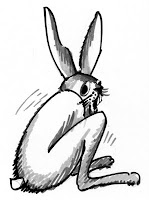 On Dec. 4, the 8 groups to start the first phase in World Cup play next year will be determined in Cape Town in a ceremony broadcast to the entire world, emceed by one of S. Africa's most notable exports, Charlize Theron. This thread will give readers a chance to comment--I'll start with a preview...
On Dec. 4, the 8 groups to start the first phase in World Cup play next year will be determined in Cape Town in a ceremony broadcast to the entire world, emceed by one of S. Africa's most notable exports, Charlize Theron. This thread will give readers a chance to comment--I'll start with a preview...
Presence Out of Context/Underworld
1 week ago






